- Member's menu
-
 Close
Close - Home
- About pensions

- Your Nest pension

- Investing your pension

- Retirement

- Support

- Member's menu
-
 Close
Close - Overview
- Take our three-step pension check
- What kind of retirement do you want?
- Calculate your retirement income
- How much should I save for my pension?
- How to grow your pension
- The advantage of saving early
- Why it's never too late to save
- How lifestyle changes affect your savings
- Member's menu
-
 Close
Close
- Support

- Help centre
- Contact us
Supporting diversity, equity, inclusion and wellbeing
We’re not your average financial services employer.
The government set us up to give every UK worker somewhere good to save for retirement, so our focus is the millions of ordinary people banking on us for their future.
One of the best ways we can serve our members is by making sure that our workforce reflects the diversity we see in the UK. We strive to provide a flexible and inclusive working environment, where every colleague can feel authentic, equal and respected.
Everyone is welcome to apply for our roles, and we're determined to ensure that no applicant or employee receives less favourable treatment because of their characteristics.
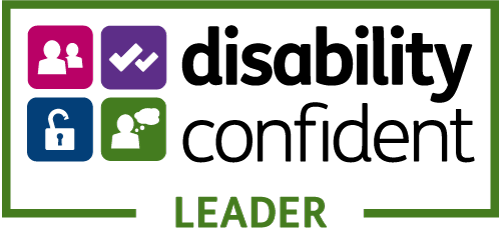
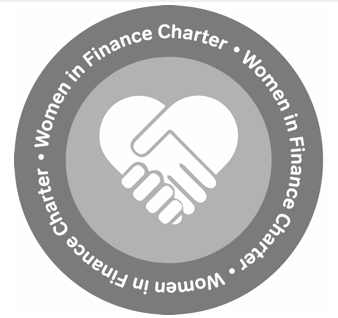
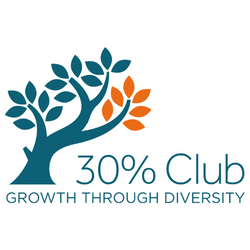
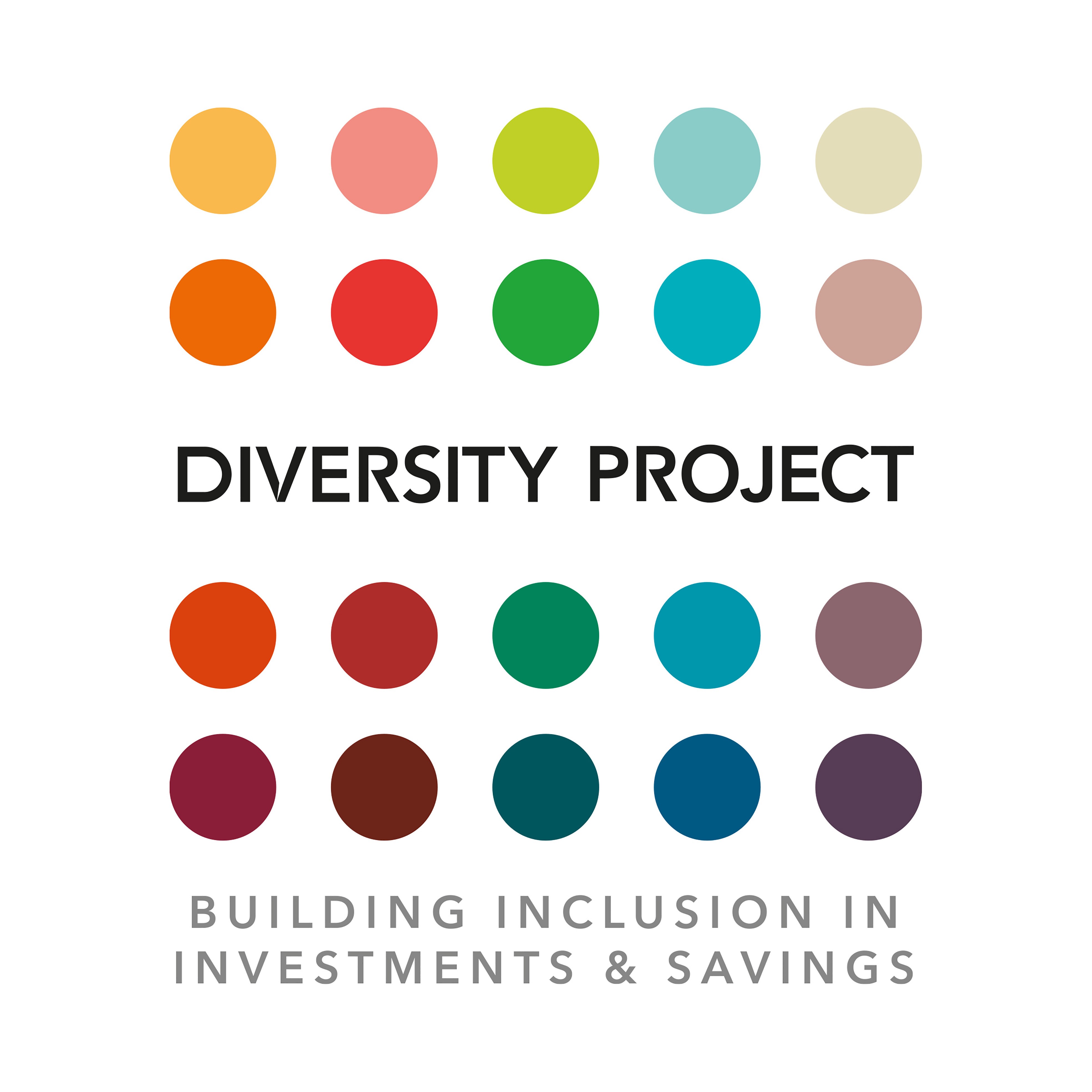
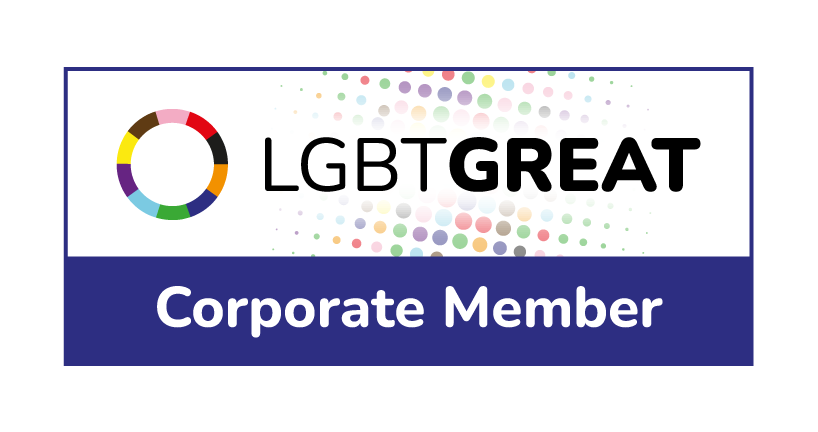
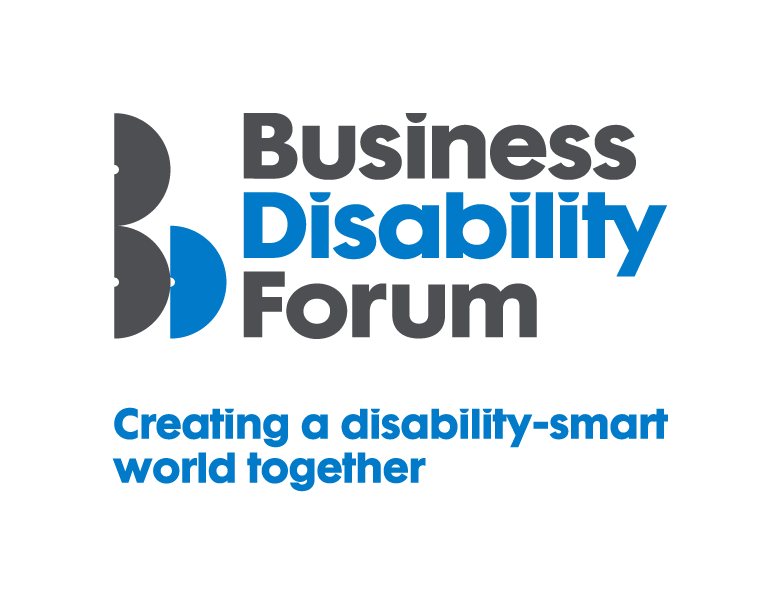
Supporting gender parity
We take gender parity seriously and aim to lead by example. We're working towards 50% of our senior management roles to be held by women by 2025. We're also working towards gender pay equity.
We've also introduced a new type of family leave which is open to all employees who have worked for us for one year, regardless of gender, sexual orientation or how someone becomes a parent. You can read about our shared parental leave offering in our Benefits section.
Women in Finance Charter
Since 2016, we’ve been signed up to the Women in Finance Charter. Our aim was for 30% of our senior management roles to be held by women by autumn 2019. We didn't just meet this target we exceeded it. Our new target is for women to make up 50% of senior management roles by 2025. We are also looking at recruiting and developing women from all backgrounds into our senior leadership team.
Global Women 4 Wellbeing
The leadership network Global Women 4 Wellbeing awarded us its ‘Organisation of the Year’ prize in 2020. This recognised the tremendous strides in equity, advancement and inclusion we’ve made for women in the workplace.
30% Club
We're a member of the 30% Club, a global campaign led by company leaders to boost female representation on corporate boards around the world. One of our colleagues is co-chair. Our membership and participation is central to our work on diversity. Working together and combining investor resource, voice and action has been key to driving improved diversity in UK companies.
Gender pay gap report
Every year, we look at the difference between the average earnings of men and women across Nest and publish our findings. This gender pay gap report provides an indicator of how we’re doing to achieve gender parity. You can find our current and previous reports in our library.
Providing a disability inclusive environment
We commit to employing and supporting the career development of people with disabilities. To do this, we:
- Ensure our recruitment process is inclusive and accessible
- Guarantee to interview anyone with a disability whose application meets the minimum criteria for the post as part of the Disability Confident guaranteed interview scheme
- Anticipate and provide reasonable adjustments to equipment and throughout our accessible office
- Support any existing employee who acquires a disability or long-term condition, enabling them to stay in work.
Disability Confident
We’re proud to announce that Nest has been accredited as a disability confident leader, which is the highest level of the Disability Confident scheme. Disability Confident is a government scheme which supports employers to make the most of the talents that individuals with disabilities can bring to the workplace. It encourages organisations to challenge attitudes towards disability, increases understanding of disability across organisations, and removes barriers for people with disabilities and long-term conditions. It’s aim is to ensure that people with disabilities are given opportunities to fulfil their potential.
Here are some of the steps that we’ve taken:
- Implemented the offer to interview scheme for applicants
- Involved members of our disability and neurodiversity working group in activities that happen across Nest, for example, reviewing training materials, providing feedback on office design, and being involved in pilots for things such as Microsoft co-pilot (AI)
- Implemented accessible software on our careers website to improve the experience for applicants
- Launched our workplace adjustments policy and passport for support colleagues
- Running disability and accessibility awareness training sessions for all colleagues
- Launched mental health and reasonable adjustments training for all line managers
Business Disability Forum
In April 2023 we joined the Business Disability Forum (BDF) as part of our goal to become a more disability inclusive organisation. BDF provides a wealth of resources, information and advice for managers, human resources and employee network chairs to ensure staff with disabilities or underlying conditions are supported at work.
Supporting our LGBTQ+ colleagues
Our commitment to our LGBTQ+ colleagues goes beyond support for Pride and LGBT+ history month . We encourage our people to be respectful of all sexual orientations and gender identities.
LGBT Great
LGBT Great is the LGBT+ membership community for the financial services industry. They support us in several ways, including with their valuable insights, visibility and outreach initiatives that empower Nest to thrive. The LGBT Great global member platform connects us with their global members and provides a safe space for LGBT+ people and allies to network and learn.
We’ve become a member to ensure that we create a fully inclusive and accepting culture and working environment for our candidates and colleagues, while celebrating the value LGBTQ+ people bring to Nest. LGBT Great provides access to training, events, resources, toolkits and additional networks, all of which will help us support our LGBTQ+ colleagues and ensure they can be their authentic selves at work.
Addressing race
We hold regular ‘Let’s talk about race' discussions with all staff as well as workshops with inidivudal teams to educate colleagues on the experiences of employees in the UK workforce and to encourage allyship.
The race and social diversity working group also have regular meetings to agree on the actions needed to ensure that we continue to focus on racial equality at Nest. You can find our current and previous reports in our library.
We’ve also changed our job application process, anonymising CVs to mitigate against bias at the shortlist stage.
10,000 Interns programme
We’ve signed up to the 10,000 Interns program, providing paid internships for talented Black students and graduates. We hope to unlock opportunities in an industry where people of colour are traditionally underrepresented.
Ethnicity pay gap report
We want pay and progression to be fair for all ethnic groups. One of the ways we can measure this is by identifying and investigating any differences in the average pay between different ethic groups at Nest. We voluntarily publish our ethnicity pay gap report every year, using our findings to develop action plans. You can find our current and previous reports in our library.
Championing diversity
We want everyone who works at Nest to be respected. That’s why we encourage people to stand up and be an ally, as well as fostering a working environment where people of all backgrounds feel included and valued.
We have seven working groups which are championed by our senior leaders, and they all play a critical role in helping us to achieve our ambitious targets. Our seven working groups are:
1. Disability and Neurodiversity working group
2. Gender working group
3. Interfaith working group
4. LGBTQ+ working group
5. Mental health working group
6. Race and social diversity working group
7. Social diversity working group
There are also two subgroups of our interfaith working groups which are our Christian and Muslim networks.
The Diversity Project
The Diversity Project is a cross-company initiative championing a more inclusive culture within the savings and investment professions. We’ve signed up to the Asset Owner Diversity Charter as part of our commitment to improve diversity, in all forms, across the investment industry. This involves working collaboratively with other companies and has provided us with an opportunity to get involved in programme initiatives and drive change through The Diversity Project steering committee.
Committing to the Living Wage
A hard day’s work deserves a fair day’s pay. That’s the premise behind the Living Wage Project. Not only are we Living Wage accredited, we push for the companies our members’ money is invested in to become Living Wage employers too.
London Living Wage
We’ve achieved the London Living Wage accreditation, meaning all employees working directly for us are paid above this rate. Any company who’s contracted to provide a service to us must also be committed to paying the Living Wage to all their staff.
Supporting social diversity
As a digital-first scheme, we know how important it is to close the digital divide. To help digitally excluded people and the planet at the same time, Nest donated 342 laptops to Good Things Foundation’s National Device Bank. We also partnered with The Switch to support students and young people to improve social mobility. The Switch connects organisations with schools to introduce young people to the world of work, helping them to fulfil their potential by aspiring to life-changing careers. Tower Hamlets is one of the most deprived areas in London and we felt that we had a role to play in supporting students and young people in our local community to try and change the cycle of deprivation in our borough. Our aim is to improve social mobility in our local community.
Promoting good health and wellbeing
Nest recognises that employers have an important role in promoting and embedding physical, mental, financial and social wellbeing and resilience. We also understand the important role we have in combating the stigma that surrounds poor mental health.
We participate in the #timetotalk campaign, which encourages employees to have open conversations about their mental health. The campaign aims to break down stereotypes, improve relationships, aid recovery and take the stigma out of something that affects many people.
We celebrate Mental Health Awareness Week in May each year and use it as an opportunity to share experiences of poor mental health and signpost and promote mental wellbeing in the workplace. We've trained Mental Health First Aiders who offer support and signposting to colleagues who may need help with their mental health.
As part of our wellbeing strategy we also promote financial, physical, mental and social wellbeing throughout the year with support from our internal communications team.







